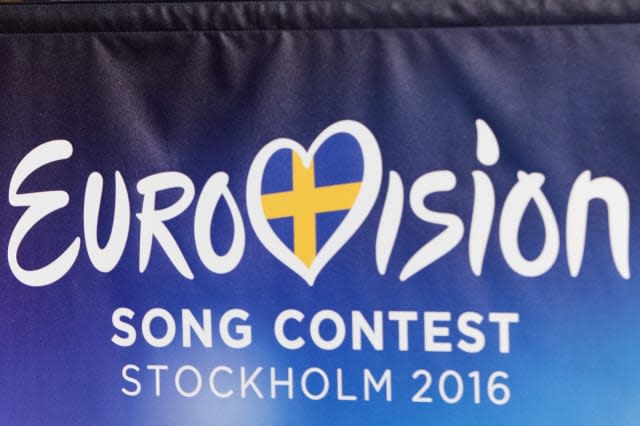Romania expelled from Eurovision Song Contest over broadcaster debts

Romania has been expelled from this year's Eurovision Song Contest.
The European Broadcasting Union, which produces the annual competition, said the decision was taken after Romania's national broadcaster, Televiziunea Romana (TVR), failed to pay debts totalling more than £11 million.
A statement on the Eurovision website said: "The EBU has withdrawn member services from Romanian public service broadcaster Televiziunea Romana (TVR) following the non-payment of debts totalling CHF 16 million.
"TVR will now no longer be able to participate in the 2016 Eurovision Song Contest and will lose access to other EBU member services including the Eurovision News and Sports News Exchanges, the right to broadcast specific sporting events, legal, technical and research expertise and lobbying services."
The decision was taken after the Romanian government failed to meet a deadline of April 20 to repay the debts.
The EBU's director-general, Ingrid Deltenre, said it was "regrettable" that they had been forced to take such action.
She said: "We are disappointed that all our attempts to resolve this matter have received no response from the Romanian government.
"In recent weeks the EBU has taken note of the Ministry of Finance's suggestion that TVR may be placed into insolvency proceedings which may in turn lead to a profound restructuring of the broadcaster.
"The EBU is a not-for-profit association which represents 73 public service broadcasters in 56 countries. The continued indebtedness of TVR jeopardises the financial stability of the EBU itself."
This year's entry for Romania, Ovidiu Anton, was due to sing the song Moment Of Silence.
The 24-year-old would have competed in the second semi-final of the contest, which will take place in Sweden on May 12.
Eurovision's website confirmed the running order of performances for other countries would remain the same.
Romania first competed in Eurovision in 1994, and it has come third twice since then. Its 2015 entry ended up in fifteenth place after making the final.
Executive supervisor of the contest, Jon Ola Sand, commented on the implications for the host country's broadcaster, Sveriges Television (SVT).
He said: "As with all participants, SVT has been preparing for Romania's act thoroughly over the past weeks.
"To take an act out at such a late stage is of course a little disruptive, but it will not negatively affect the 2016 Eurovision Song Contest in any other way."
It is not the first time a country has been barred from taking part in Eurovision.
Greece was disqualified from the 1982 contest for entering a song that was based on a national folk tune.
Eurovision rules state that only original songs are allowed in the competition.
More recently, Georgia's entry in 2009 was disqualified by the EBU for supposedly containing political lyrics.
The song's title, We Don't Wanna Put In, was considered to be a play on the phrase "We don't wanna Putin"- a reference to then Russian prime minister Vladimir Putin.
Georgia refused to alter the lyrics and withdrew from the contest.


